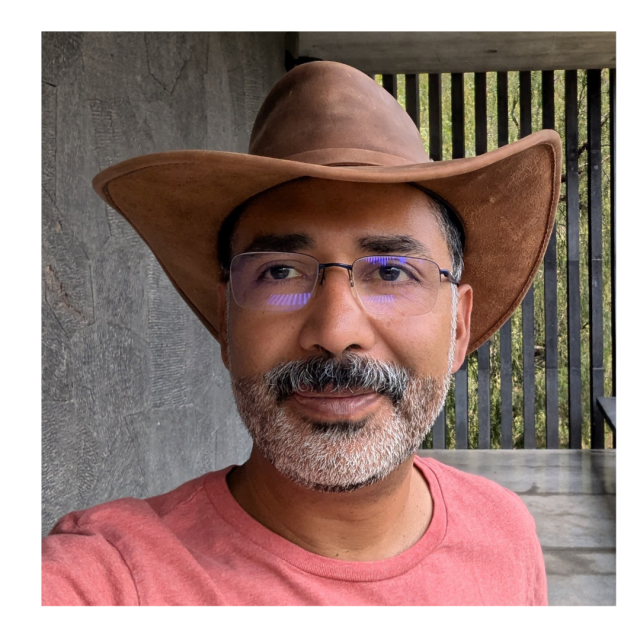I am a “studying up” sociologist specialized in Latin America. As an ethnographer, my work has focused on understanding how wealth and privilege contribute to the reproduction of social inequalities. My scholarly work wants to show how a “studying up” perspective does not emanate from a type of intellectual “revenge” or a scholarly sense of “envy.” Instead, I aim to demonstrate the importance of viewing wealth as an inseparable side of poverty. This angle could offer new ideas and understandings about the organization and perpetuation of social exclusion. In doing so, I want to contribute to developing more efficient anti-poverty policies worldwide.
My award-winning book illustrates how my work uses a “studying up” approach to examining social disparities. Privilege at Play: Class, Race, Gender, and Golf in Mexico (OUP, 2019) is a study based on ethnographic research conducted in three highly exclusive golf clubs and in-depth interviews with upper-middle and upper-class golfers, and working-class employees, in Mexico City. The book incorporates race and gender perspectives to study class, illustrating the multilayer condition of power. For instance, although Mexicans—and Latin Americans—commonly attribute racial relations to a marginal role in the reproduction of social hierarchies, my work demonstrates how affluent individuals combine racialized and class arguments to justify poverty. Meanwhile, the analysis of gender shows how affluent women experience a paradoxical form of privilege—one that benefits them regarding lower-class women and men but which subordinates them to their male peers. Privilege at Play demonstrates the importance of examining affluent groups to understanding the complexities of social inequalities.
Overall, my work reflects two broader social considerations extending well beyond Mexico or Latin America. First, it shows that the standard anti-poverty policies centered only on economic solutions fail to understand the multilayered nature of social exclusion. Thus, most public policies cannot produce the intended results without a more sophisticated analysis of the origins of poverty and inequality. Second, considering the growing wealth accumulation among the upper classes globally—a trend that the pandemic accelerated everywhere—it is worth asking, does social scientists’ limited knowledge about the upper-middle and upper classes obscure the role these groups play in the reproduction of inequalities? It is hard to debate the point in most nations because we do not have enough data to address the question. My work aims to shed light on the issue particularly in Latin America.


